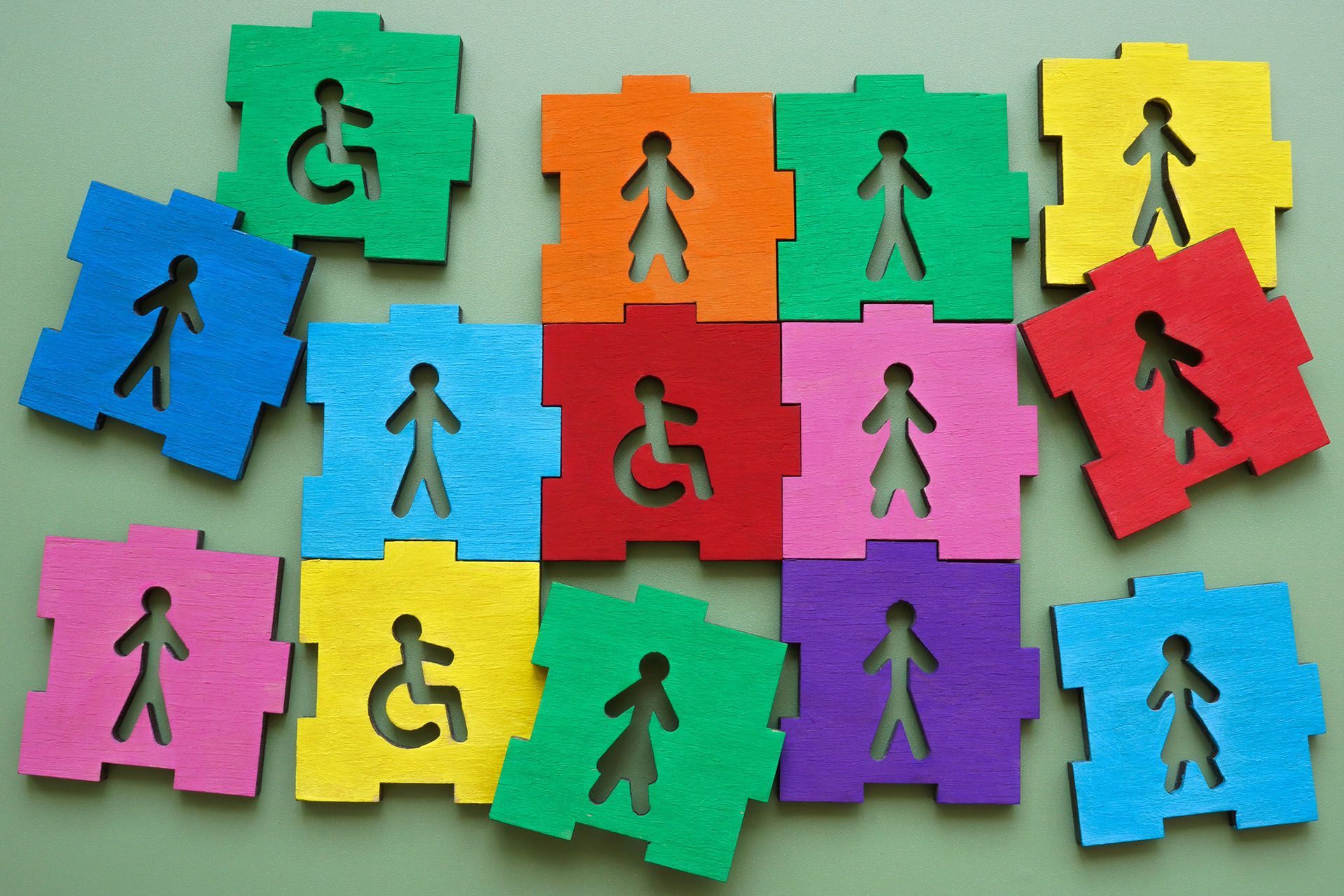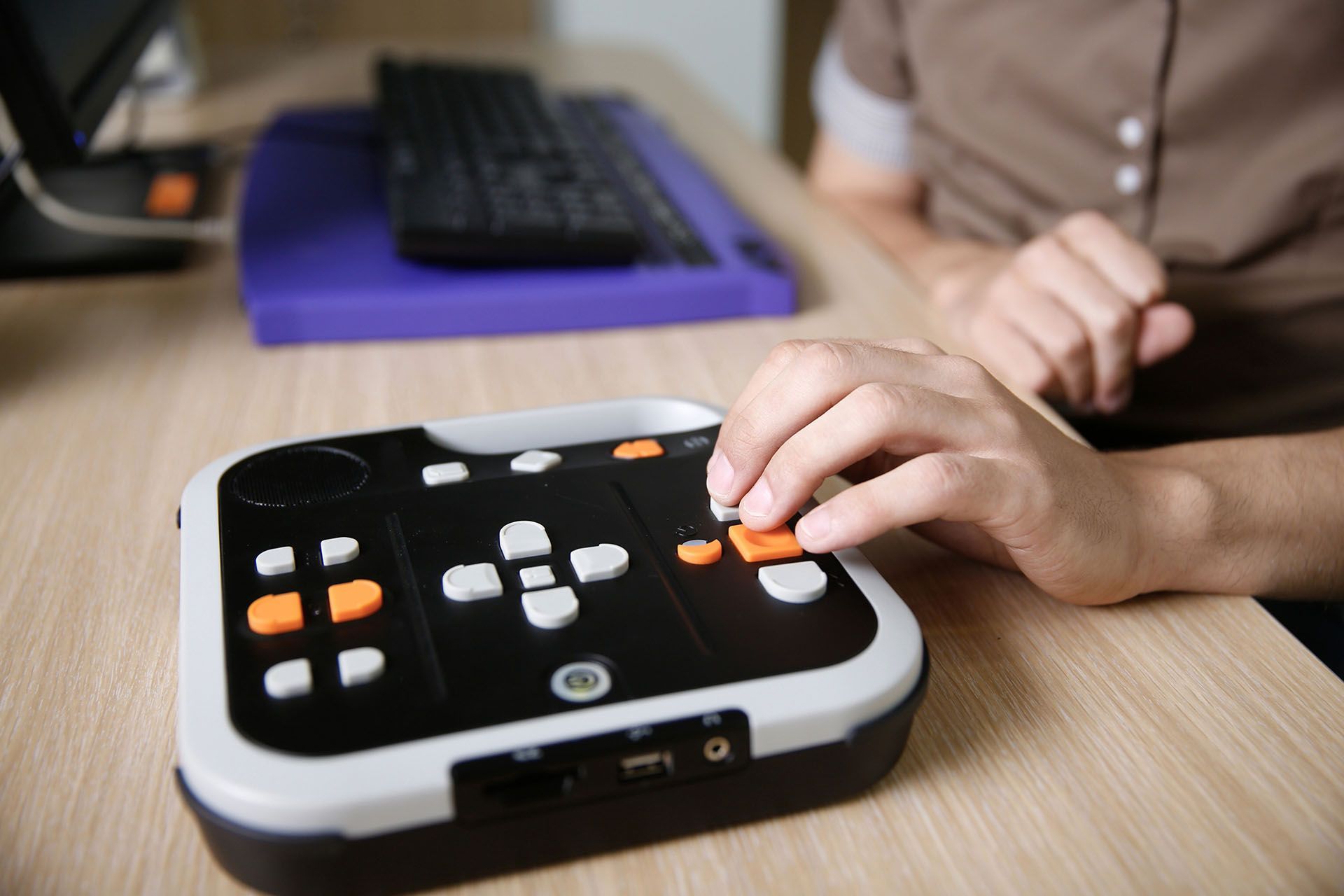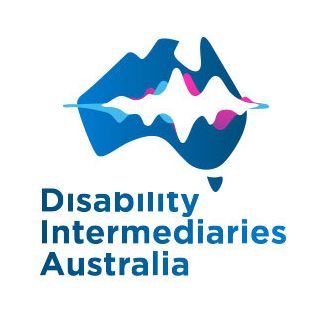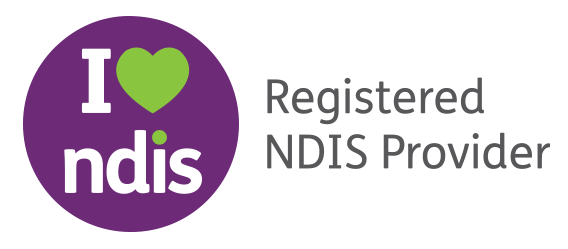Understanding Autism: Signs, Symptoms & Support
Autism Spectrum Disorder (ASD) is a neurodevelopmental condition that affects how individuals interact with others, communicate, and perceive the world. As a spectrum disorder, autism presents differently in each person, encompassing a wide range of strengths and challenges.
Raising awareness and understanding of autism is essential to ensure individuals receive appropriate support, embrace their unique abilities, and lead fulfilling lives. Early diagnosis and tailored interventions can significantly improve outcomes for autistic individuals and their families.
What is Autism?
Autism Spectrum Disorder (ASD) is a lifelong condition characterised by challenges in social skills, communication, behavior, and sensory processing. The term "spectrum" reflects the wide variation in challenges and strengths of each autistic person. Some individuals may require substantial support daily, while others may live independently.
The prevalence of autism has been increasing over the years, partly due to increased awareness, improved diagnostic criteria, and better access to services. Many autistic individuals have unique strengths, such as strong attention to detail, deep knowledge in specific areas of interest, and exceptional problem-solving skills.
Signs & Symptoms of Autism
Autism manifests differently across individuals and can vary by age. Recognising the signs early can lead to timely support and interventions.
Common Signs in Early Childhood
- Delayed Communication: Challenges in developing spoken language or understanding non-verbal cues.
- Social Interaction Difficulties: Limited eye contact, reduced response to social overtures, or preference for solitary activities.
- Repetitive Behaviors: Engaging in repetitive movements or speech patterns, such as hand-flapping or echolalia.
- Intense Interests: Deep focus on specific topics or objects, sometimes to the exclusion of other activities.
- Sensory Sensitivities: Over- or under-reactivity to sensory inputs like sounds, lights, or textures.
Signs in Older Children & Adults
- Social Challenges: Difficulty understanding social cues, forming friendships, or participating in group activities.
- Communication Differences: Literal interpretation of language, challenges with idioms or sarcasm, and preference for direct communication.
- Routine Dependence: Strong preference for routines and distress when faced with unexpected changes.
- Focused Interests: Pursuit specific hobbies or subjects with great intensity and depth.
- Sensory Processing Issues: Continued sensitivities to sensory stimuli may affect daily functioning.
Not every autistic individual will exhibit all these signs, and many develop coping strategies that may mask specific challenges, particularly in adulthood.
How is Autism Diagnosed in Australia?
In Australia, the assessment and diagnosis of Autism Spectrum Disorder (ASD) follow the National Guideline for the Assessment and Diagnosis of Autism Spectrum Disorders, ensuring a consistent and accurate evaluation process.
Diagnostic Process:
1. Comprehensive Needs Assessment:
- Assessment of Functioning: This evaluation evaluates strengths and challenges in areas such as daily living skills, communication, and cognitive abilities. Allied health professionals like psychologists, speech pathologists, or occupational therapists typically conduct it.
- Medical Evaluation: A general practitioner (GP), pediatrician, or psychiatrist reviews the individual’s medical history, conducts physical examinations, and may order additional tests to rule out other medical conditions.
2. Diagnostic Evaluation:
- Lead Practitioner Evaluation: For clear-cut cases, a single specialist—such as a pediatrician, psychiatrist, or clinical psychologist—conducts the assessment and diagnoses.
- Consensus Team Evaluation: In more complex situations, a multidisciplinary team collaborates to assess the individual, ensuring a comprehensive understanding of their unique profile.
Diagnosis in Adults
While autism is often diagnosed in childhood, many individuals do not receive a diagnosis until adulthood. Some adults may seek a diagnosis after recognising autistic traits in themselves, often through self-research or learning about autism in a family member.
For adults, the diagnostic process typically involves:
- Self-reflection and Screening Tools: Many begin by completing self-assessments or speaking with a GP about their experiences.
- Comprehensive Assessment by a Specialist: A psychologist or psychiatrist evaluates developmental history, current challenges, and strengths.
- Understanding Late Diagnosis: Many adults feel relief after a diagnosis, as it helps explain lifelong difficulties with social interactions, sensory sensitivities, and routines.
A formal diagnosis can provide access to support services, workplace accommodations, and a deeper understanding of personal strengths and challenges.
How the NDIS Supports Individuals with Autism
The National Disability Insurance Scheme (NDIS) funds individuals with autism to access essential services that support their development and well-being.
Key NDIS Supports Available:
- Therapies – Speech therapy, occupational therapy, and psychology to improve communication, motor skills, and emotional regulation.
- Social Skills & Behaviour Support – Programs that help individuals develop social connections and manage behavior.
- Daily Living Assistance – Support workers in assisting with everyday tasks and routines.
- Assistive Technology – Tools such as communication devices and sensory equipment to enhance learning and comfort.
NDIS funding is personalised, allowing individuals to receive tailored supports based on their needs and goals.
Supporting Families & Carers
Caring for an autistic individual can be both rewarding and challenging. Families and carers are crucial in providing stability, encouragement, and advocacy.
Tips for Families & Carers:
- Embrace strengths – Focus on the individual’s talents and abilities.
- Seek early intervention – The sooner supports are in place, the better the outcomes.
- Use clear communication – Many autistic individuals benefit from visual aids and structured conversations.
- Provide sensory-friendly environments – Reducing sensory overload can help autistic individuals feel more comfortable.
- Connect with support networks – Engaging with autism organisations and parent groups can provide guidance and encouragement.
How Empowrd Can Help
At Empowrd, we understand the importance of tailored support for individuals with autism and their families. We provide expert guidance through:
Support Coordination
- Connecting families with the right service providers and therapists.
- Helping individuals navigate the complexities of the NDIS.
- Ensuring supports align with personal goals and needs.
Plan Management
- Handling invoices and payments for NDIS-funded services.
- Tracking budgets and ensuring funds is used effectively.
- Reducing administrative stress for families and carers.
We are committed to empowering individuals with autism to live independent, fulfilling lives by providing personalised NDIS support services.
Understanding autism is the first step in building a more inclusive society. By recognising the signs, providing the proper support, and celebrating the unique abilities of autistic individuals, we can create opportunities for them to thrive.
If you or your loved one needs guidance with NDIS Plan Management or NDIS Support Connection and Coordination, Empowrd is here to help.
Contact us today to learn more!
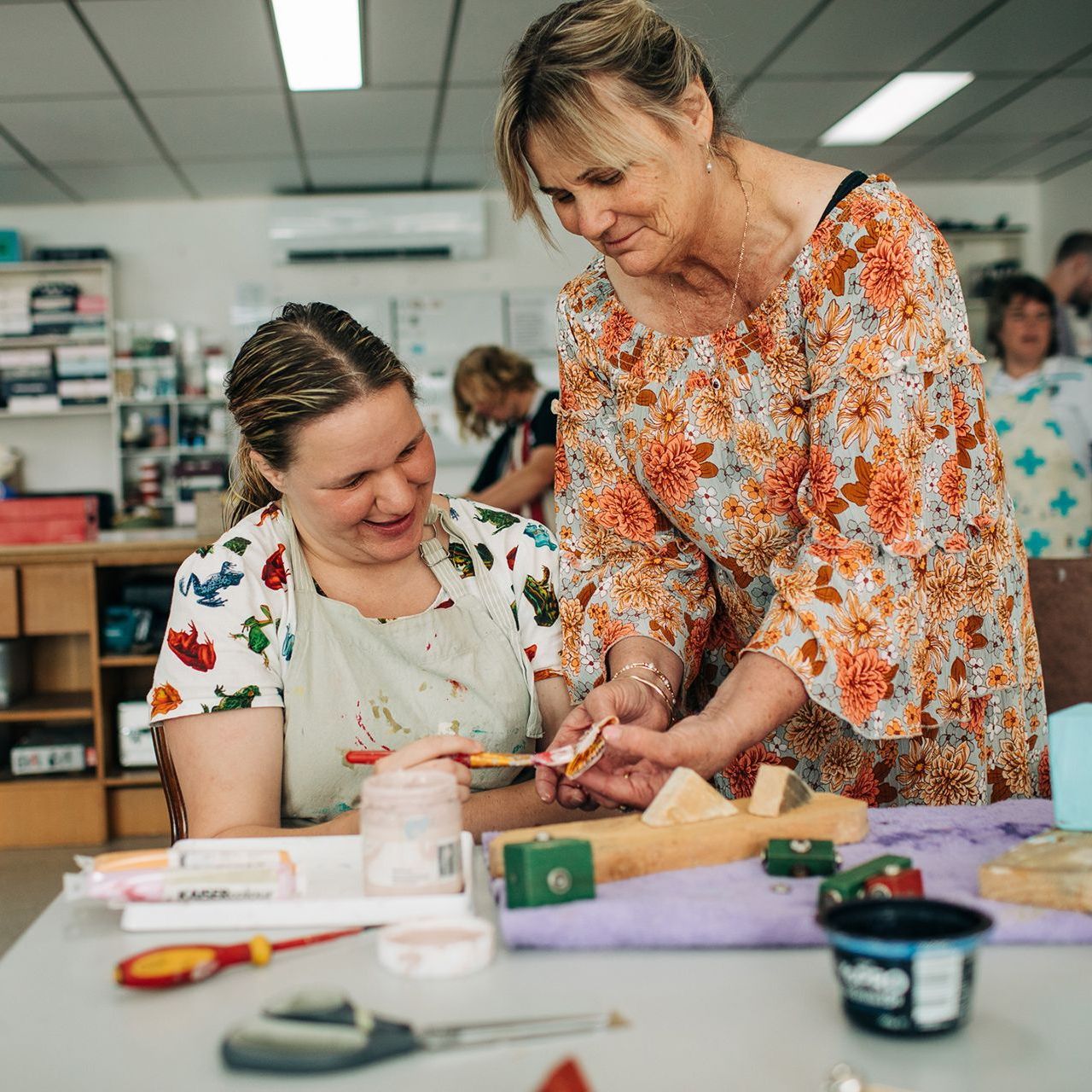
NDIS Plan Management and Support Coordination
At Empowrd, we are here to make your life easier. Based in Port Lincoln on the Eyre Peninsula, we offer a personal, accessible and holistic approach to NDIS Plan Management and Support Coordination.
We provide Plan Management services across Australia, assisting with financial administration, and offer Support Coordination to participants in Port Lincoln and Eyre Peninsula, connecting them with the right supports and providers. Our goal is to ensure your NDIS plan works for you, so you can focus on achieving your goals and doing what you love.

Want to Become a Support Worker?
Our Independent Support Workers Education Portal provides everything you need to navigate the NDIS, find work, and confidently offer services as an Independent Support Worker. For just $65, you will gain access to comprehensive guides, essential resources, and ready-to-use templates to streamline your work.
Inside, you will find:
- A clear breakdown of how the NDIS works
- Tips for finding jobs and delivering services
- Step-by-step guidance on invoicing and support planning
- Ready-to-edit templates for quotes, service agreements, invoices, and case notes
Need just the templates? You can also purchase them separately as standalone resources.
I hope you enjoy reading this blog post.
If you are ready to be Empowrd to live your life to the fullest, let us steer you on the right path.
Be EMPOWRD to Live Your Best Life
If you are ready to be Empowrd to live your life to the fullest, let us steer you on the right path. To get started, all you have to do is sign up using our online enquiry form and we’ll get back to you shortly.





